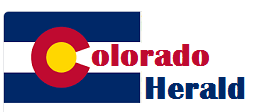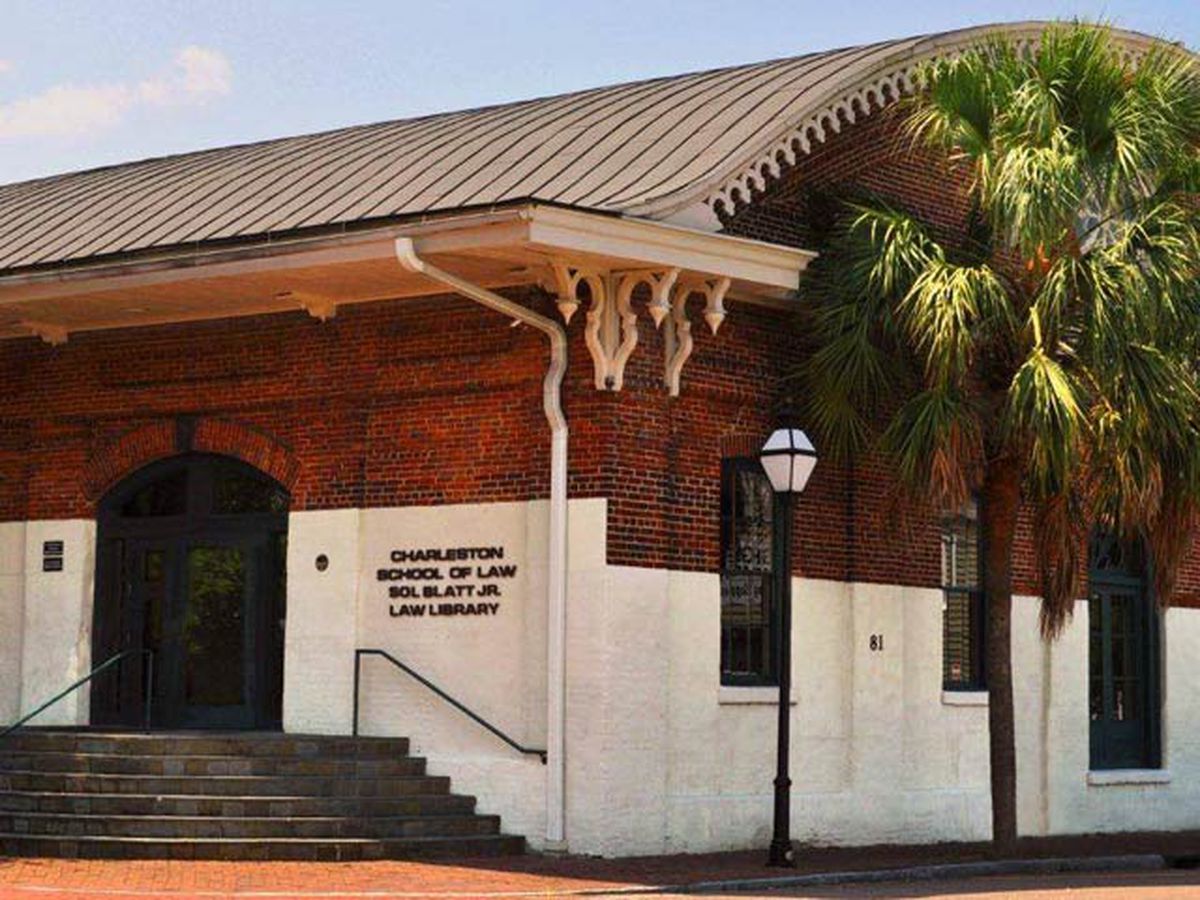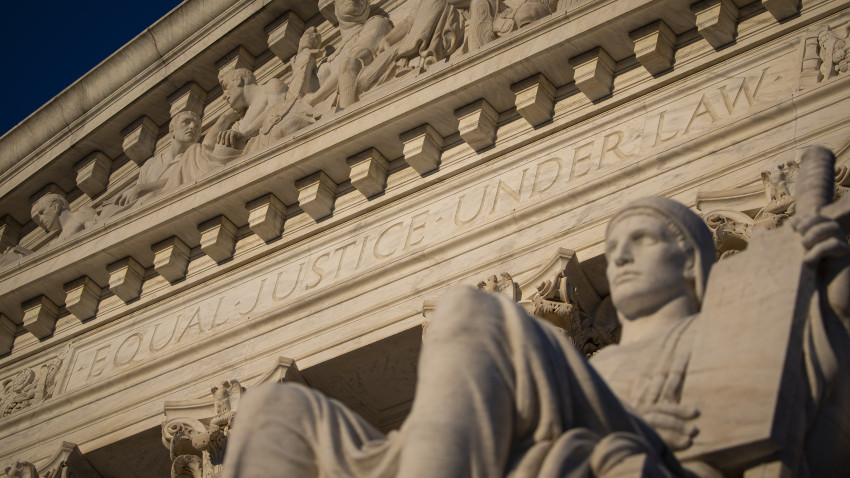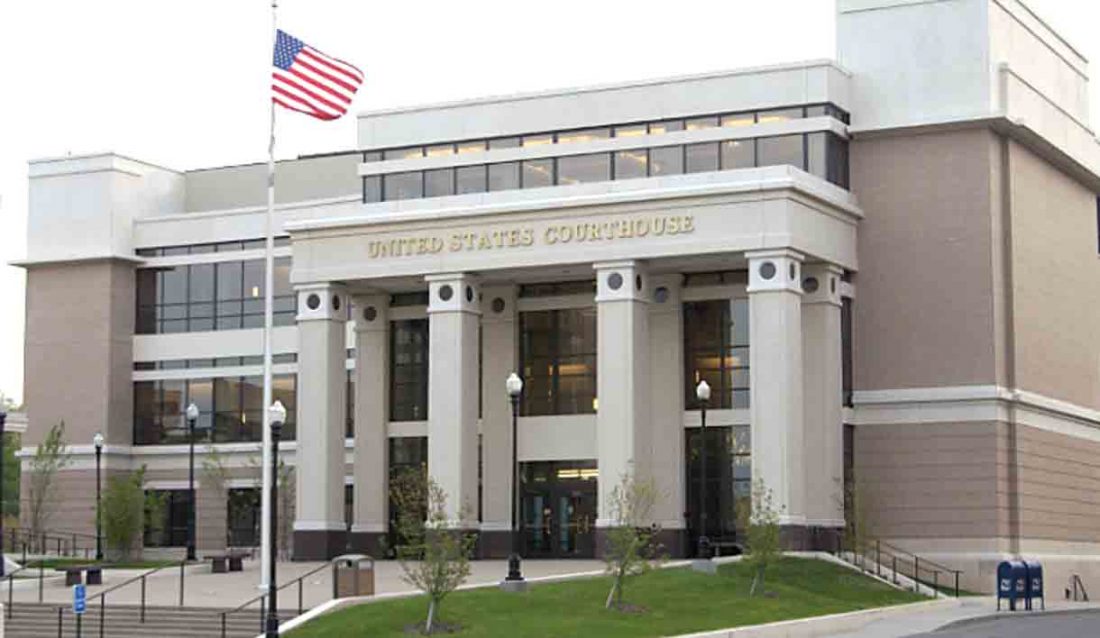Charleston School of Law shows improvements to SC bar exam pass rate, surpasses USC
Graduates from the Charleston School of Law fared slightly better overall than their peers at the University of South Carolina on the most recent bar exam.
The Charleston law school’s February bar pass rate jumped significantly from last year’s winter administration, according to results released last week.
Thirty-one of the 64 students who took the state’s Uniform Bar Exam in February passed, or around 48 percent.
That’s up from the 34 percent who passed the February exam in 2019.
It’s the first time in several years the Charleston law school’s pass rate surpassed that of the University of South Carolina School of Law, where around 47 percent of graduates passed.
But February scores usually aren’t reflective of the entire law school’s performance as a whole, said USC School of Law Dean Rob Wilcox.
“We continue to see strong July results, when the bulk of our students are taking our exams,” Wilcox said.
And while Charleston School of Law’s pass rate is a welcome improvement, school officials acknowledge that there’s still more work to be done.
“Any time you go up, it’s good news, and it’s a pretty significant increase from this time last year. I think what it shows is that things are going in the right direction,” said Larry Cunningham, Charleston School of Law’s newly appointed dean.
“That being said, nobody’s happy standing at 48 percent,” he added. “We obviously all want that number to go up.”
It’s important to remember that bar exam results don’t change overnight, Cunningham said. Admission decisions regarding this year’s graduating class were made four or five years ago, resulting in a lag period between when curriculum changes or additional support services are implemented to when the school might see the eventual payoff reflected in pass rates.
Some of the changes implemented over the past few years geared toward helping students succeed on the bar are already starting to pay off, Cunningham said. That includes a mandatory orientation program and a bar preparation course.
Last year, around 51 percent of graduates passed the July examination, up from 43 percent in 2018.
Typically, fewer students take the February bar exam than the one administered in July, Cunningham said, which means it’s easier for a handful of students to skew a school’s pass rate.
That’s why February pass rates don’t necessarily reflect the overall picture of a law school’s success. Only 32 graduates from the University of South Carolina took the February exam this year, but there are 170 or so students planning to take the exam this summer, Wilcox said.
“It’s a very small cohort and it’s not necessarily going to be reflective of the overall pass rate,” he said.
Typically, February test-takers include a higher proportion of students who have already taken the bar unsuccessfully once before, Wilcox said.
In recent years, the law school has seen students who fail the bar on the first try go on to fail it again during the February examination, Wilcox said. The school offers voluntary bar assistance programs to graduates who need help passing, but it’s up to the students to take advantage of the services.
“I think the challenge for us is to find a way to reach those people who have already graduated from law school and try to help them bridge that gap,” Wilcox said.
A 47 percent February pass rate isn’t too uncommon for the Columbia law school, he said. Normally it sits around 50 percent.
“When we look at this number and this time of year, we’d like it to be higher … but it’s not something that you necessarily want to throw out the baby with the bathwater to respond to,” he said, adding that there was a national dip in February bar success rates.
Charleston School of Law is still likely impacted by its botched 2013 sale to a chain of for-profit law schools that some students passionately protested.
“I think that you still see the ripple effects,” Cunningham said.
As a result of the school’s attempted sale, some high-performing students decided to transfer to other schools, Cunningham said, while other potential future students probably chose to go elsewhere because of the turbulence.
“I’m trying as much as possible to kind of look forward and turn a page on on all of that,” he said. “I think the further along we get from that period, those ripple effects will even out.”
Cunningham and Wilcox agreed that it’s still too soon to tell what the impact of the COVID-19 pandemic will have on student pass rates moving forward. At this time, there are no plans to postpone or cancel the July bar exam, according to the S.C. Office of Bar Admissions website.



